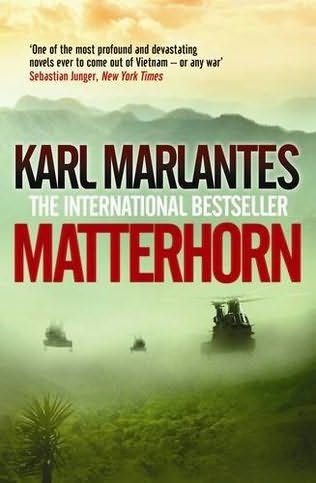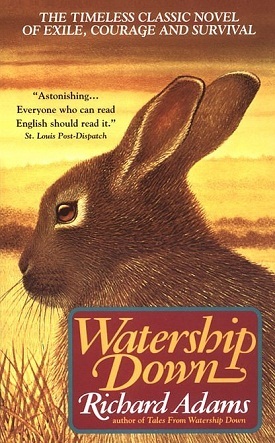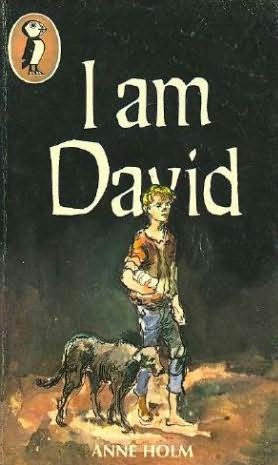 |
| Matterhorn by Karl Marlantes |
I am posting this review here because this is my only blog and this is one of my all time favourite books...of any genre. I want to keep this review stored on my blog and I want to share with you my personal thoughts on this powerfully evocative story.
I do not intend on making this a regular thing. (Putting reviews here for books that don't fit the blog).
At this stage, I believe this review and my review of The Things They carried, will be the only two.
And so, here is my review of Matterhorn by Karl Marlantes. Read a few years back, it still haunts me to this day....
Matterhorn. Karl Marlantes. What can I say? It has taken me a while to leave this review because it has taken that long to find the words.
Matterhorn is powerful, emotional, gripping, gut wrenching, but most of all, it is haunting.
Haunting. Yes, that is it most of all, it is haunting in a way that is beyond anything that I have read for a very long time.
I want to thank Karl Marlantes for the experience and the insight.
I want to thank him for sharing with me a story that I have no doubt has reflections in his own memory. But most of all, I want to thank him for keeping this war in my mind. Lest we forget, as they say.
Vietnam was not a glamorous or politically expedient war (if there is such a thing). We all know the stories of what society did to these Vietnam Veterans when they returned home, and we have all heard the horrible tales of chemical residues killing nervous systems and nurturing cancer. This we know and in many cases, it is all people bothered to know.
People remember other wars and veterans with nostalgia and Vietnam with indifference. I was born in the 70's, too late to feel the tension of Vietnam, so perhaps I will never understand why this is.
There are books aplenty on WW1 and 2, and people devour them readily. Sometimes these wars are romanticised too much and this finds them favour with readers.
The Vietnam War is hard to romanticise and so it rarely finds fertile ground in the minds of younger readers. And I suppose I can understand. It is easier for those of certain constitutions to read stories of hope. Stories of survivors. Stories of heroes, of dog fights in beautiful old spitfires, of spies, of Nazi occupation, of secreting Jews out of Germany and Paris, of the beaches of Normandy, the ocean islands of the Pacific.
Vietnam - compared to these wars filled with heroes - had body bags and political protest, and men dying in jungles for unknown political reasons, chemicals, resume hunters and, of course, officers needing to prove that they had once won status in Korea.
So again, I thank Karl Marlantes for bringing me his Vietnam. As a place where men and boys from a Coalition fought men and boys from Vietnam and both sides lost.
- MM





